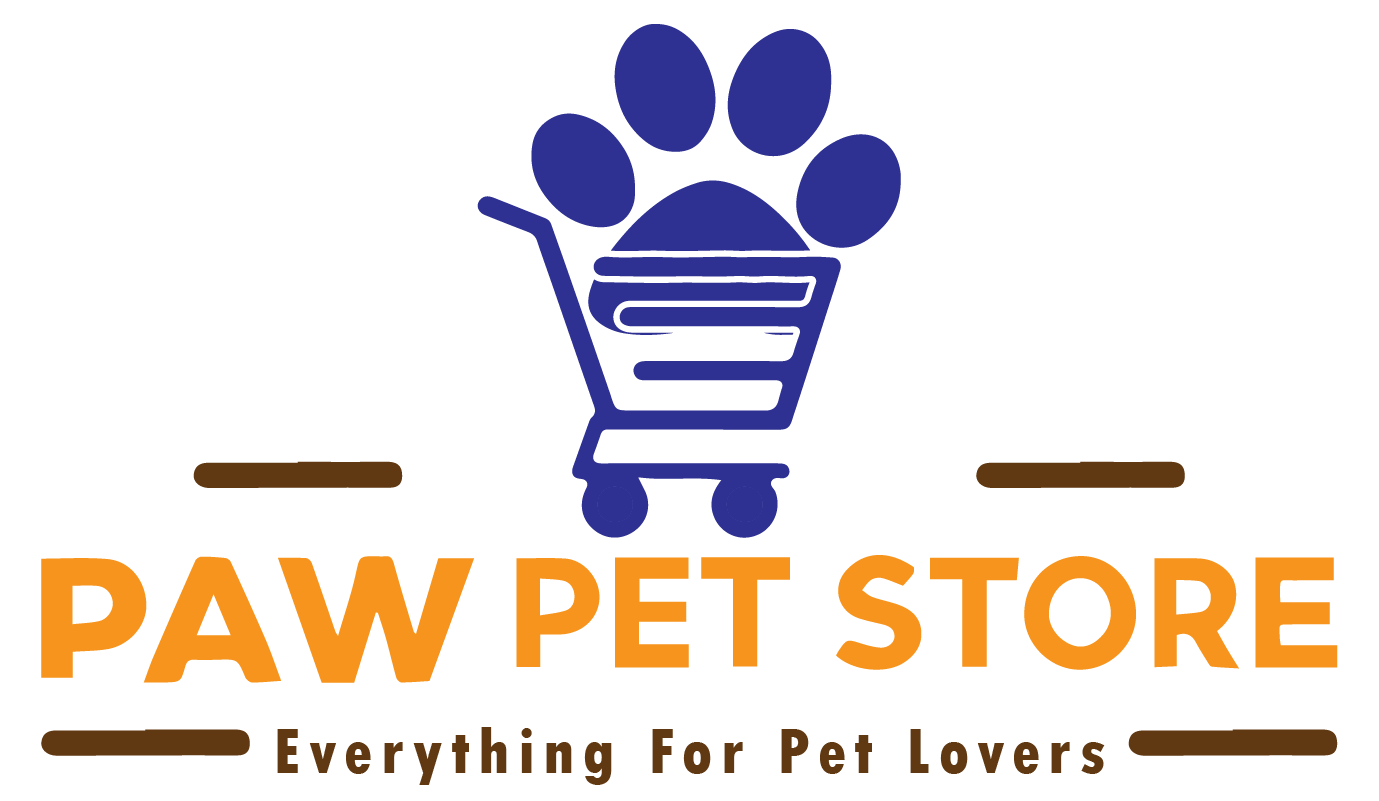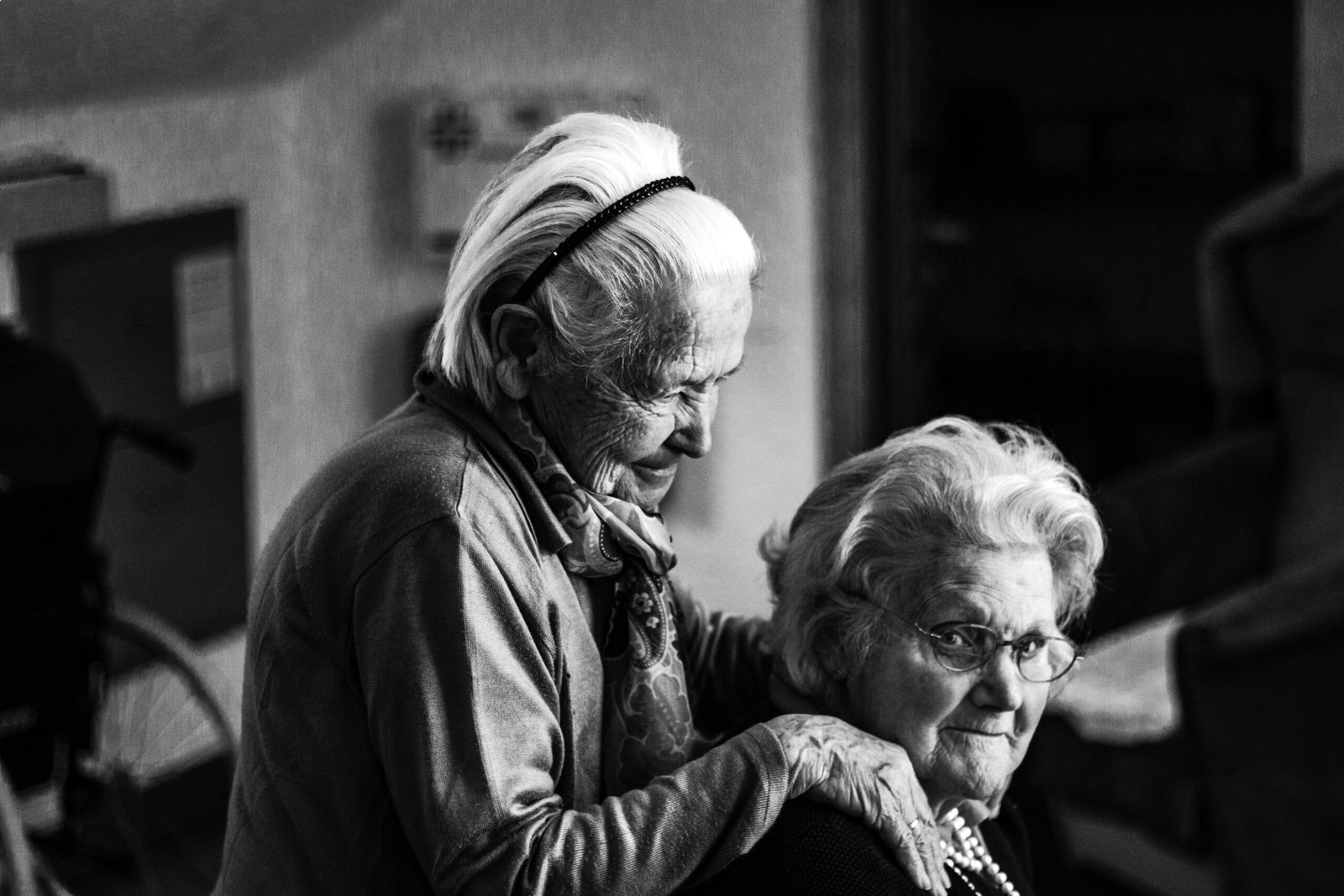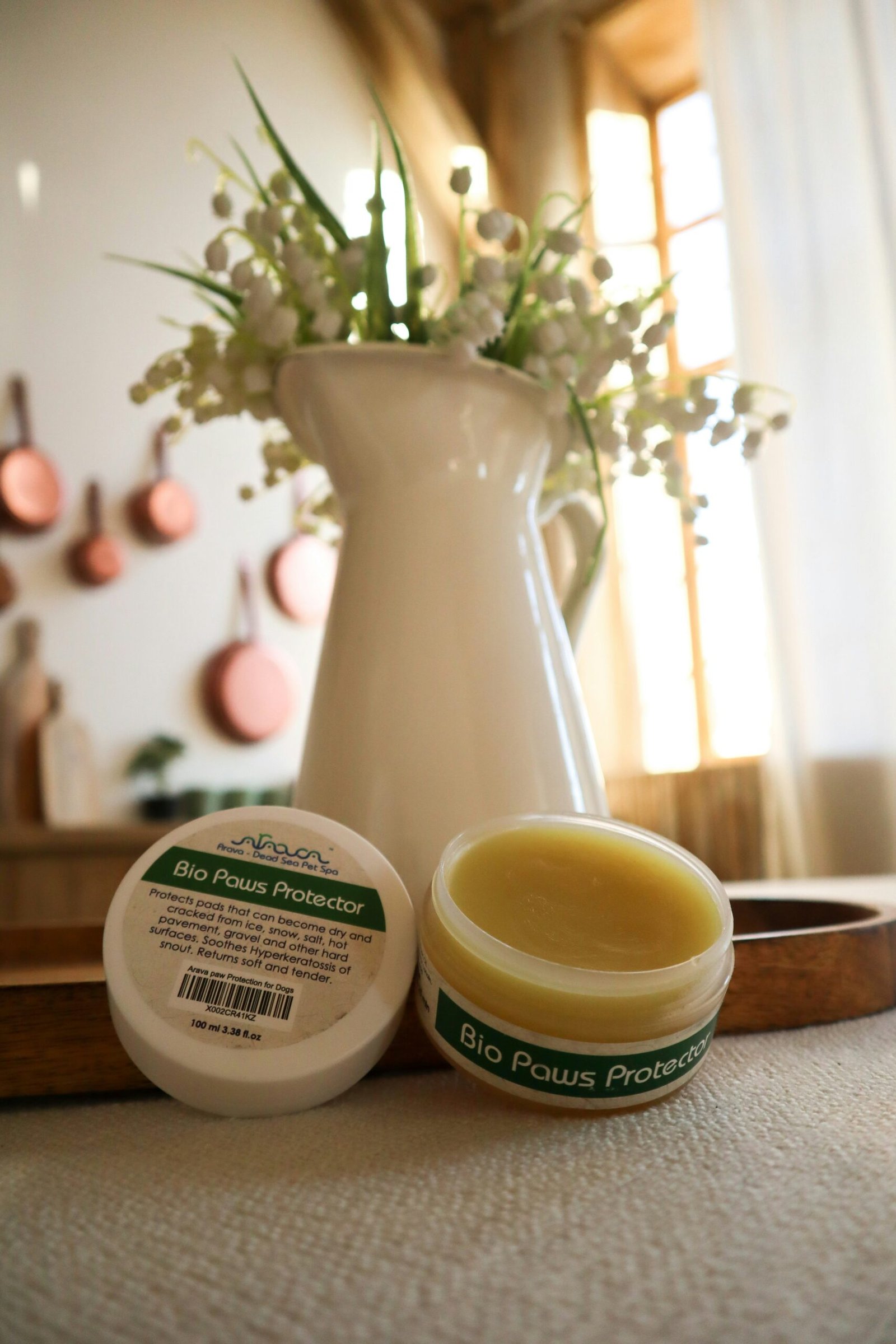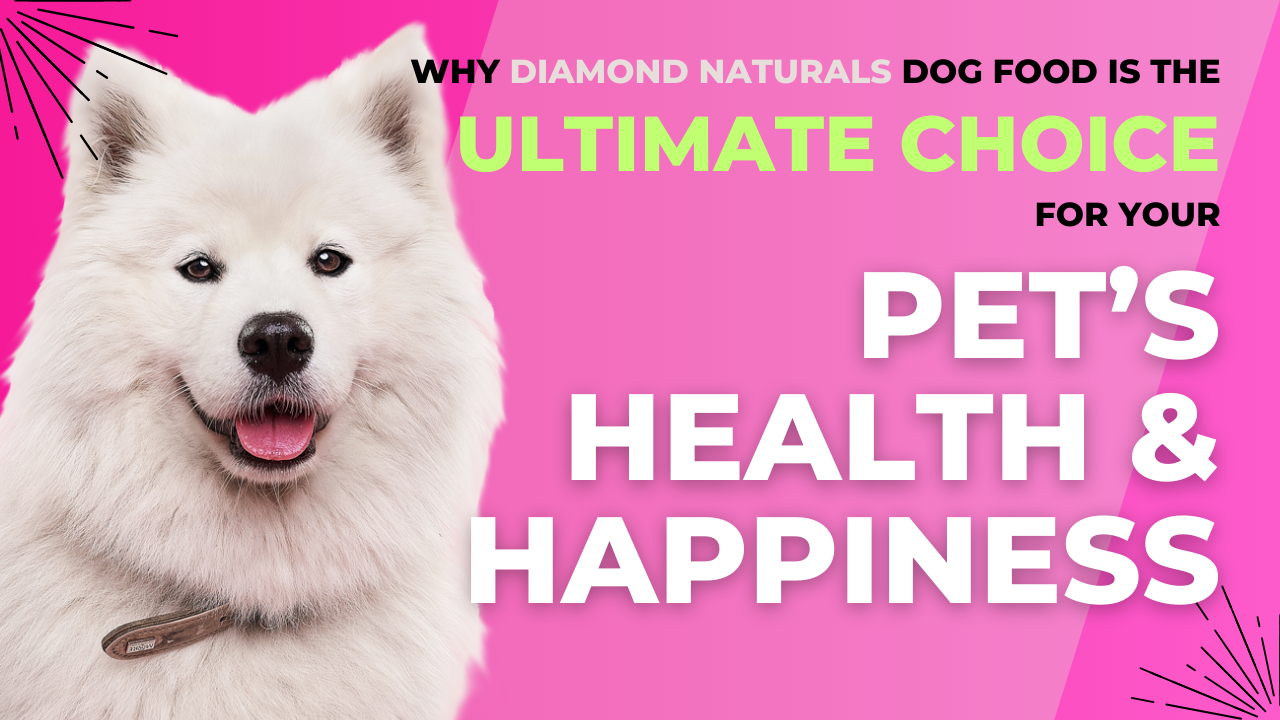Introduction to Retired Eggs and Pets
The term “retired eggs” typically refers to hens that have been retired from commercial egg production once they are no longer laying eggs efficiently. These hens, after a strenuous life of producing eggs, are often rehomed rather than culled, allowing them to experience a drastically different lifestyle. In retirement, these hens enjoy a more relaxed and natural environment, where they can exhibit regular chicken behaviors without the constant pressure of high egg production. These changes can lead to a significant improvement in their overall well-being.
In their new homes, retired hens often live in backyard flocks or small farms, where they become part of a more nurturing environment. This brings us to the intriguing question of whether these hens, once freed from their egg-laying duties, can successfully cohabitate or interact with common household pets like cats and dogs. The compatibility between retired hens and household pets is an essential consideration for many who wish to adopt these birds, as a harmonious living arrangement can significantly enhance the quality of life for both the hens and the pets.
Investigating the dynamics between retired hens, cats, and dogs is crucial. Both positive and negative interactions can influence how these animals coexist under the same roof or in the same yard. Positive cohabitation can provide mutual benefits, such as companionship and security, while negative interactions could lead to stress or harm. In this blog post, we delve into the potential compatibility between retired hens and household pets, aiming to provide insights and recommendations for those looking to adopt retired hens into pet-friendly homes.
Interactions Between Retired Hens and Cats
The relationship between retired hens and cats is primarily influenced by the natural instincts and behaviors of both species. Cats, as predatory animals, often view birds as potential prey. However, domesticated cats typically exhibit less pronounced hunting instincts, which allows for the possibility of peaceful coexistence. It is essential for pet owners to understand the dynamics between these animals to foster a harmonious environment.
Retired hens, which are often more accustomed to human interaction and less flighty than younger chickens, can indeed share a living space with cats under the right conditions. Historical accounts and case studies suggest that with careful supervision and a gradual introduction process, retired hens and cats can cohabit successfully. Instances of successful cohabitation reveal that cats and hens sometimes develop mutually beneficial relationships. Cats can provide companionship and a calming presence, which can significantly reduce stress levels in hens. Conversely, observing and interacting with hens can also serve as mental stimulation for cats, helping to alleviate boredom and anxiety.
The benefits of keeping retired hens and cats together extend beyond mere companionship. Cats can naturally deter smaller predators that might threaten hens, indirectly acting as guardians for the flock. Additionally, the presence of hens can be soothing for cats, helping them develop a more robust behavioral repertoire by interacting with a different species.
However, pet owners must be vigilant about the potential risks associated with such an arrangement. Cats may still exhibit predatory behaviors, especially if they are not accustomed to hens. To mitigate these risks, careful steps should be taken: Start by keeping cats and hens in separate but adjacent spaces to allow them to get used to each other’s presence. Gradual and closely supervised interactions should follow, with immediate intervention if any signs of aggression arise. Use calming aids, like pheromone diffusers, to create a more relaxing environment. Providing cats with plenty of mental and physical stimulation can also reduce the likelihood of predatory behaviors.
Consistent observation and patience are key to ensuring a peaceful coexistence. Over time, and with proper training and environmental adjustments, retired hens and cats can not only live together but also enrich each other’s lives.
Interactions Between Retired Hens and Dogs
The dynamic between retired hens and dogs can be intricate, largely influenced by the natural instincts of canine species and the temperament of individual breeds. Dogs, by nature, possess a range of instincts such as guarding, herding, and hunting, which can significantly impact their interaction with retired hens. Breeds such as Border Collies and Australian Shepherds, known for their herding instincts, are often adept at cohabitation peacefully with hens. Their controlled herding behavior can keep hens safe and within the designated area.
Different breeds exhibit varying degrees of prey drive, which is crucial in determining their compatibility with hens. Breeds known for a lower prey drive, such as the Great Pyrenees or Newfoundlands, may present fewer risks to retired hens. These dogs not only show a protective demeanor but are also capable of forming a strong companionship with hens, often treating them as part of their flock. However, larger breeds may unintentionally intimidate or harm hens due to their size and strength.
First-hand accounts and case studies illustrate both positive interactions and challenges in such mixed-species settings. For instance, a case study from a small farm in Oregon documented a Labrador Retriever and retired Sussex hens living harmoniously. The Labrador’s gentle nature and trained behavior allowed for a mutually beneficial relationship where the hens provided natural pest control, while the dog offered protection. However, another case emphasized the need for supervision when excitable breeds, like Terriers, are involved, highlighting incidents where unchecked enthusiasm led to stressed and injured hens.
Practical strategies for fostering harmonious interactions include thorough training and constant supervision, especially in the initial stages. Training dogs to respond to specific commands like “leave it” or “stay” can mitigate chasing behaviors. Moreover, supervised interactions help both parties acclimate to each other’s presence, reducing potential stress. Gradual introductions are also recommended, initially through barriers such as fences, allowing both animals to become familiar with each other’s scent and behavior without direct contact. Consistent positive reinforcement can further encourage gentle and protective behavior from dogs towards hens.
In essence, understanding and managing the natural instincts of dogs, coupled with proper training and supervision, can pave the way for peaceful and mutually rewarding interactions between retired hens and dogs.
Conclusion: Best Practices for Harmonious Living
In reviewing the potential for harmonious living between retired hens, cats, and dogs, it is evident that such cohabitation is not only possible but can also be enriching for all parties involved. The key to success lies in the thoughtful implementation of specific best practices, designed to promote harmony and well-being.
To begin with, proper introduction techniques are crucial. Gradual and supervised introductions help to prevent initial anxiety or aggression. It’s advisable to use barriers such as chicken wire or baby gates during the first few encounters, allowing the animals to observe each other from a distance.
Making necessary environmental adjustments also plays a significant role. For instance, creating safe, separate spaces for each animal can provide an escape route if they feel threatened. It’s also beneficial to ensure the hens have secure coops or enclosures where they can retreat and lay eggs undisturbed.
Continuing with ongoing supervision, it’s imperative to monitor interactions regularly. Even after the initial introductions, constant vigilance helps to address any signs of discomfort or potential conflict. Utilize positive reinforcement techniques to reward calm and friendly behavior among the pets.
Health considerations are another fundamental aspect. Regular veterinary check-ups for all animals aid in maintaining their well-being and identifying any health issues early. Ensuring that hens, cats, and dogs are vaccinated and free from parasites minimizes the risk of disease transmission.
Adhering to these practices not only ensures the safety and well-being of the animals but also fosters a nurturing environment where retired hens can thrive and coalesce gracefully with cats and dogs. Ultimately, the mutual benefits are abundant. Households that successfully integrate retired hens with their feline and canine members can enjoy a richer array of companionship, leading to enhanced quality of life and an abundance of joy.
This post has one comment
Leave a Reply Cancel reply
Popular Post
The Ultimate Guide to Enhancing
Do Retired Eggs Have Cats
Why Diamond Naturals Dog Food
Archives
Email for newsletter










saul_facilis
20 Oct 2024I just wanted to express my gratitude for the valuable insights you provide through your blog. Your expertise shines through in every word, and I’m grateful for the opportunity to learn from you.